Homemade Hoisin Sauce {Super Easy!} Leftovers Then Breakfast

Recette Sauce Hoisin Maison Comment la faire facilement ? Unomafu
Storage Instructions for Hoisin Sauce. According to most manufacturers, unopened hoisin sauce should be stored in a cool, dry place, away from direct sunlight. Once opened, hoisin sauce should be refrigerated to maintain its quality and prevent spoilage. The cold temperature of the fridge helps to slow down the growth of bacteria and preserve.
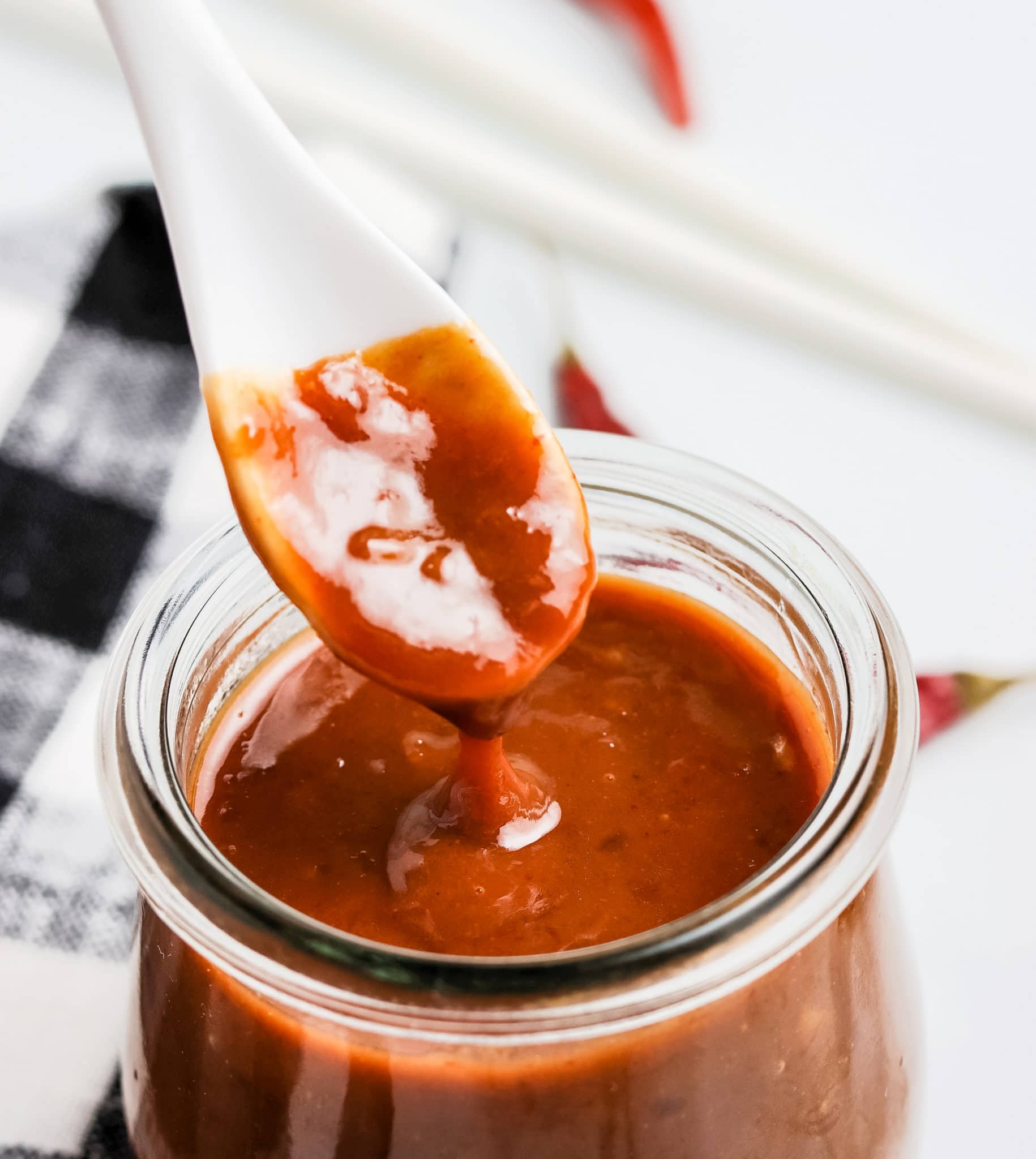
Easy Hoisin Sauce Mommy Hates Cooking
Hoisin sauce [ 1] does not necessarily need to be refrigerated, but it is recommended to extend its shelf life. If unopened, hoisin sauce can last up to 2 years when stored in a cool, dry place. However, once opened, it's best to store hoisin sauce in the fridge to prevent spoilage and maintain its quality. The fridge's cool temperature.

What Does Hoisin Sauce Taste Like A Comprehensive Guide to Its Flavor
Hoisin Sauce (hǎixiān jiàng, 海鲜酱) is a thick, dark condiment with a sweet, salty flavor. It is made with fermented soybean paste, as well as additional seasonings like garlic, chilies, and sesame. The name hǎixiān jiàng literally translates to "seafood sauce," but hoisin sauce does not contain seafood, nor is it usually used in.

What Is Hoisin Sauce and What Does It Taste Like?
You do not need to refrigerate hoisin sauce - either before, or after opening the bottle. However, refrigeration can help to extend the shelf life and help retain the flavor for longer - especially once the bottle has been opened. In truth - there is no definitive answer. You can, or you can choose not to.
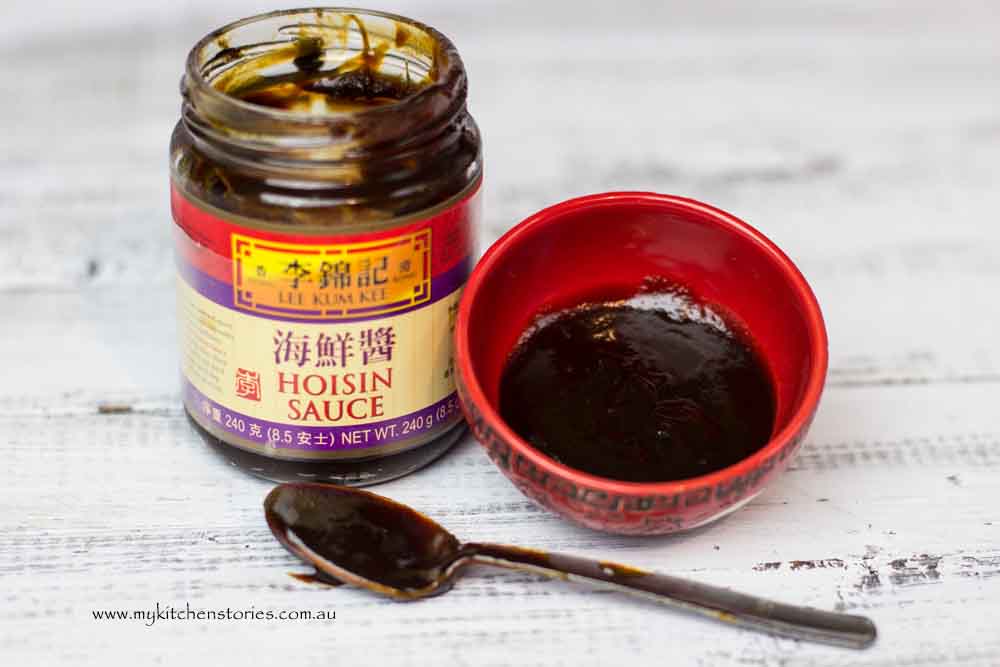
Hoisin Sauce for dipping and other things to make with Hoisin Sauce
Hoisin sauce should be stored in a refrigerator at a consistent temperature of 40°F (4°C) or below. The presence of mold or yeast growth on the surface of the hoisin sauce is an unmistakable sign of spoilage. A sour, pungent, or otherwise unpleasant odor emanating from the hoisin sauce is a strong indication of spoilage.
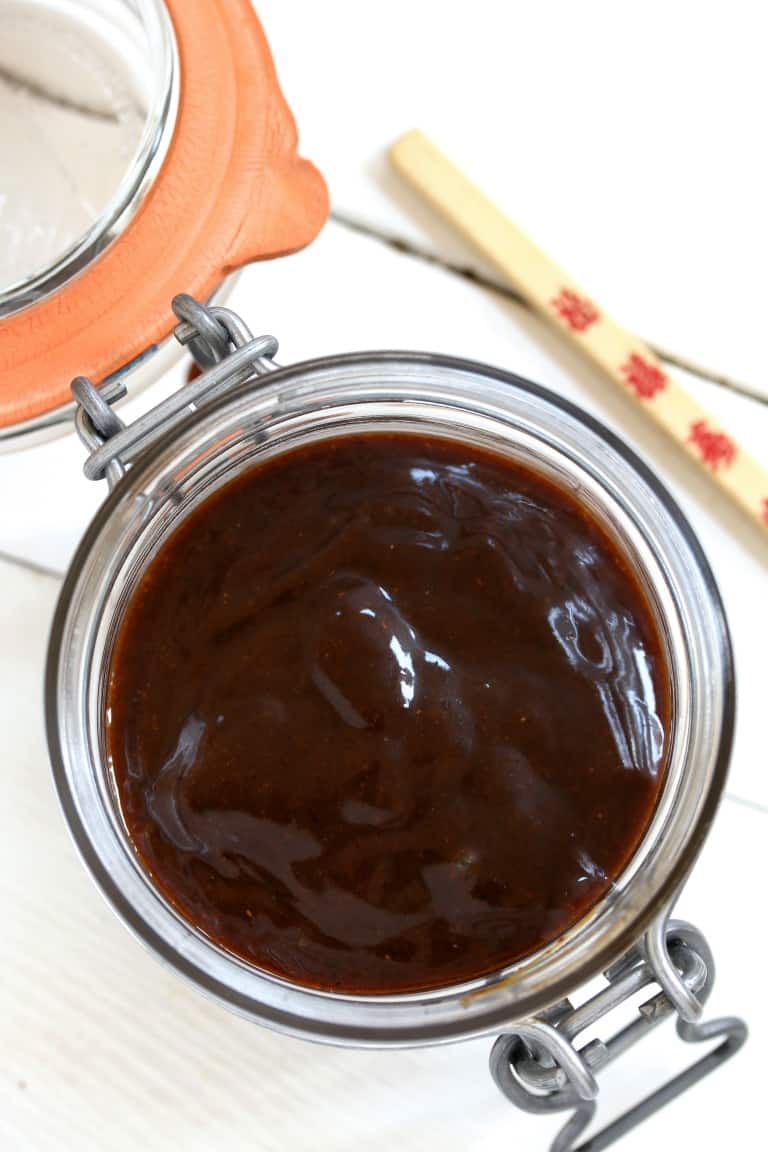
BEST Authentic Hoisin Sauce The Daring Gourmet
Shelf Stable (Does hoisin sauce need to be refrigerated) What happens to the Hoisin Sauce if it is not kept in the refrigerator usually depends on whether the sauce is exposed to the air or the jar is open. The sealed bottles never degrade quickly, while the open jar of Hoisin Sauce may start losing its flavor over time if not refrigerated..
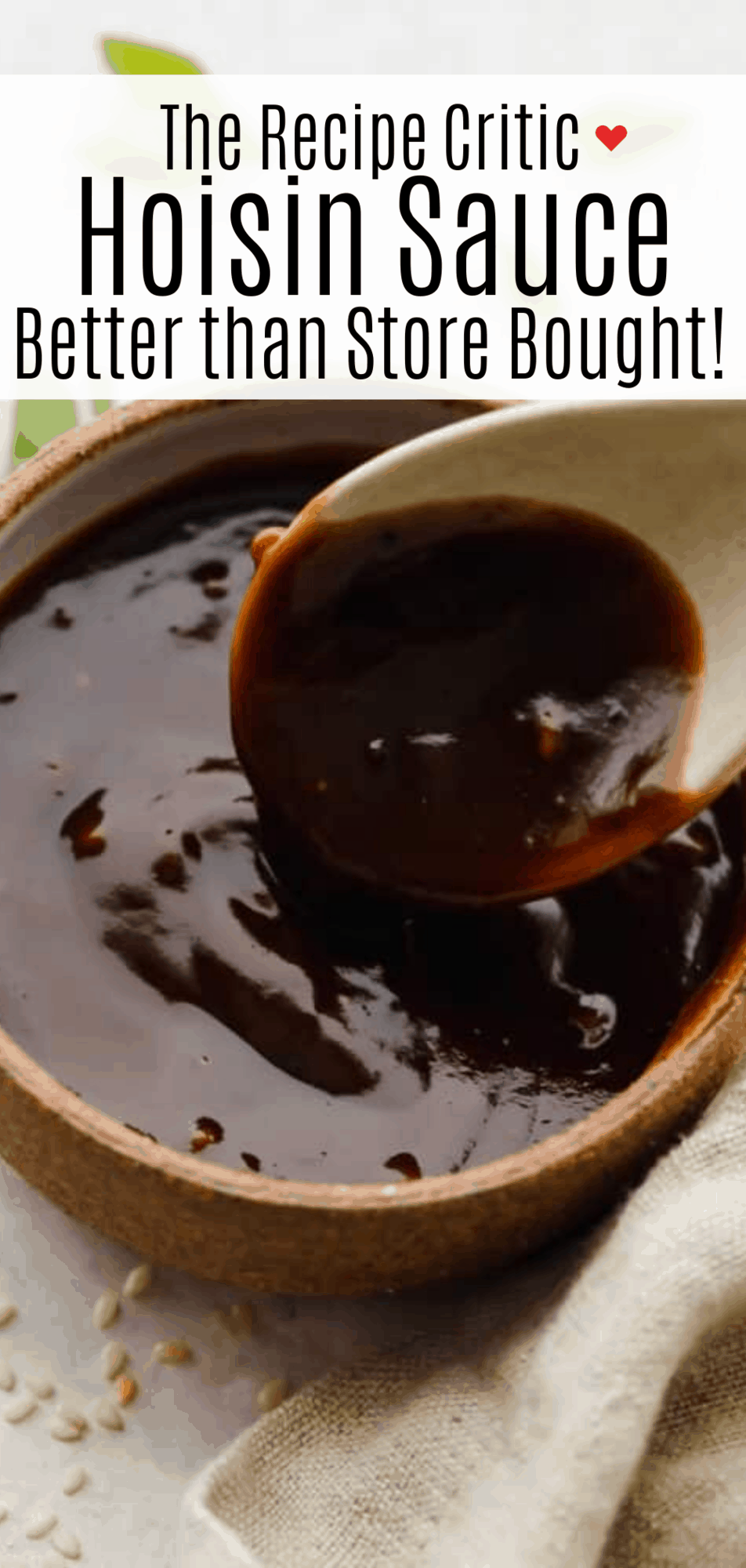
Easy Homemade Hoisin Sauce Recipe BLOGPAPI
Refrigeration. Storing hoisin sauce in the refrigerator is one of the most effective ways to preserve its flavor and quality. All you need to do is transfer the sauce from its original packaging into an airtight container and place it in the fridge. This will prevent moisture, air, and light from affecting the flavor of the sauce.

Hoisin Sauce vs Oyster Sauce What's so different? NonGuilty Pleasures
02-04-2014 02:03 PM. Every bottle of hoisin that I've ever had says "refrigerate after opening." There is a slight possibility that if you're getting real Chinese product its there in a Chinese dialect, but stick it in the fridge after opening in any case. Report Inappropriate Content.
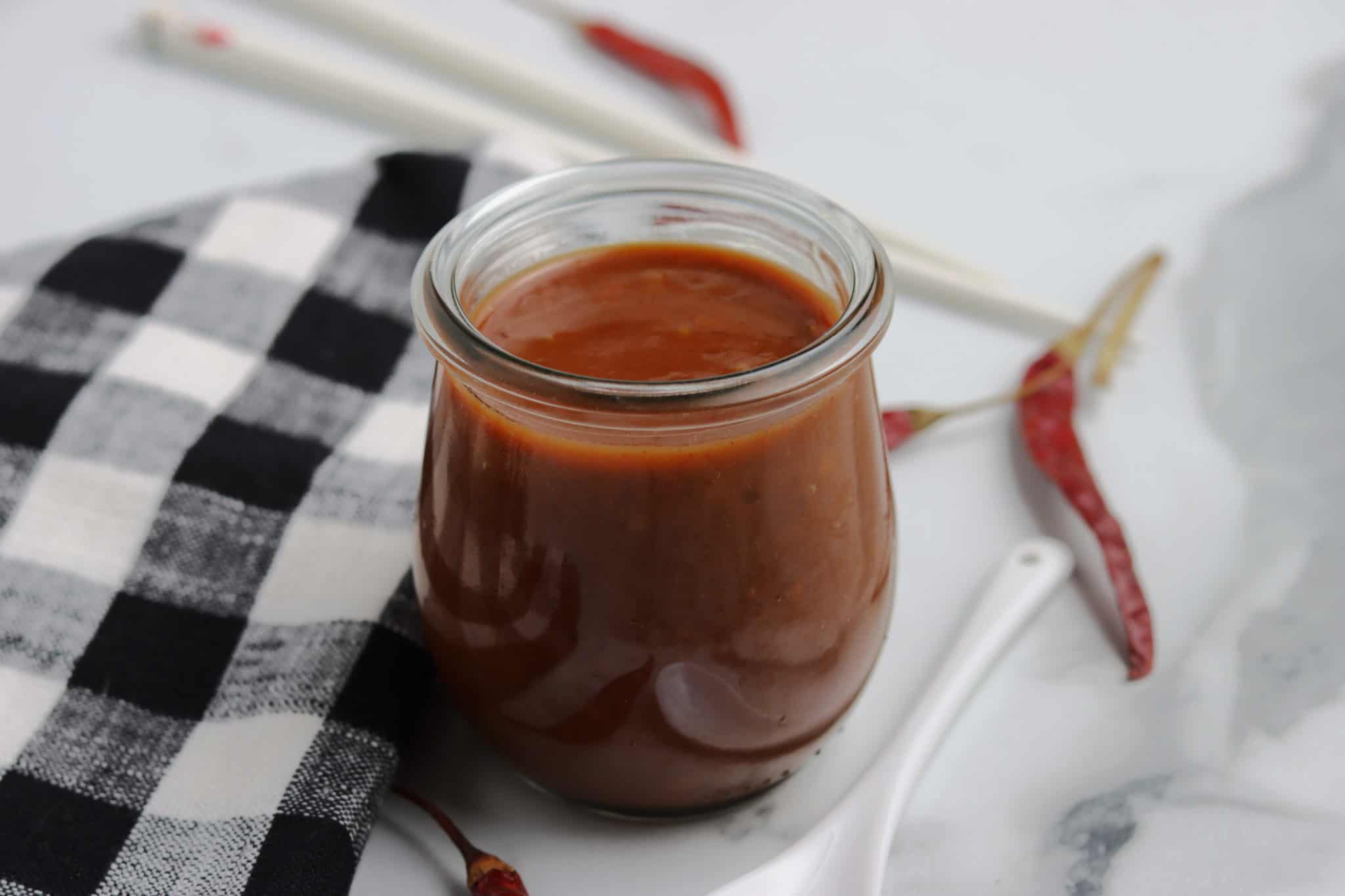
Vegan Hoisin Sauce Vegan in the Freezer
Storing Your Sauce. According to "Fine Cooking" magazine, you can store hoisin sauce indefinitely in the refrigerator, even after opening. However, you must keep the condiment in a tightly sealed, nonmetal container. If your store-bought sauce comes in a can, transfer it to a nonmetal container and seal it securely before popping it in the fridge.

Does Hoisin Sauce Need to Be Refrigerated?
Once you open the hoisin sauce bottle, it can last for up to six months in the refrigerator. However, this is just an estimate, and the actual shelf life of the sauce may vary. It's essential to pay attention to the hoisin sauce's appearance, smell, and taste to determine if it's still safe to use. If the sauce has an off odor, strange.

Does Hoisin Sauce Need To Be Refrigerated? Here's The Answer! Chef Olu
Hoisin sauce is very shelf-stable, but it does need to be refrigerated after you open the bottle. Not doing so results in bacteria growth stemming from the unsafe temperature . When stored in the refrigerator, hoisin sauce remains usable for six months after opening.

Hoisin Sauce Lee Kum Kee Home Australia New Zealand
Does hoisin sauce need to be refrigerated, or can it be left out on the shelf? The answer may surprise you. Hoisin sauce is a thick, savory sauce commonly found in many Asian dishes. Like many other condiments, the storage requirements for hoisin sauce depend on whether it has been opened or not. An unopened bottle of hoisin sauce can typically.
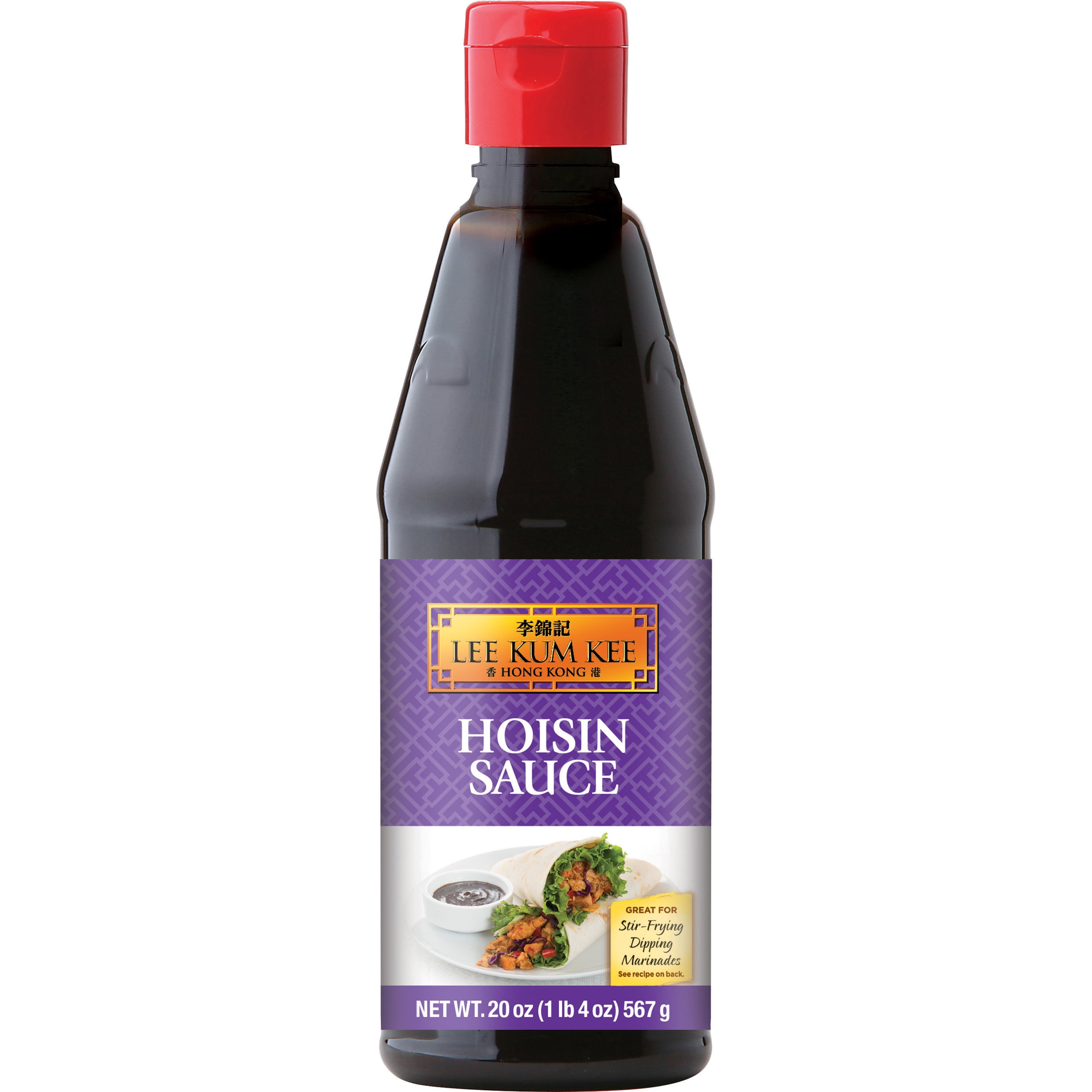
Hoisin Sauce's Instagram, Twitter & Facebook on IDCrawl
Always keep the container tightly sealed (this is especially important for sauces that need to be refrigerated). Store non-refrigerated sauces away from direct heat and light. There is nothing wrong with storing a sauce like soy sauce in the refrigerator instead of the cupboard. In fact, the sauce may keep its flavor longer, but refrigeration.

Easy Hoisin Sauce Full of Plants
Storing Your Sauce. According to "Fine Cooking" magazine, you can store hoisin sauce indefinitely in the refrigerator, even after opening. However, you must keep the condiment in a tightly sealed, nonmetal container. If your store-bought sauce comes in a can, transfer it to a nonmetal container and seal it securely before popping it in the fridge.

Does Hoisin Sauce Need To Be Refrigerated Bricks Chicago
A bottle of hoisin sauce typically comes with a shelf life of 18 to 24 months and easily lasts for months beyond the best-by date. After opening, it can retain quality for anywhere between 6 and 12 months if you refrigerate it. Of course, these are just rough estimates, as the actual longevity depends on a few factors.

Homemade Hoisin Sauce {Super Easy!} Leftovers Then Breakfast
Does hoisin sauce taste Fishy at all? Hoisin sauce has a pronounced salty and slightly sweet flavor, distinct from American-style barbecue sauce. It is saltier, richer, less sweet,. Some may need to be refrigerated after opening to maintain their flavor and quality, while others may not require refrigeration but may have a shorter shelf life